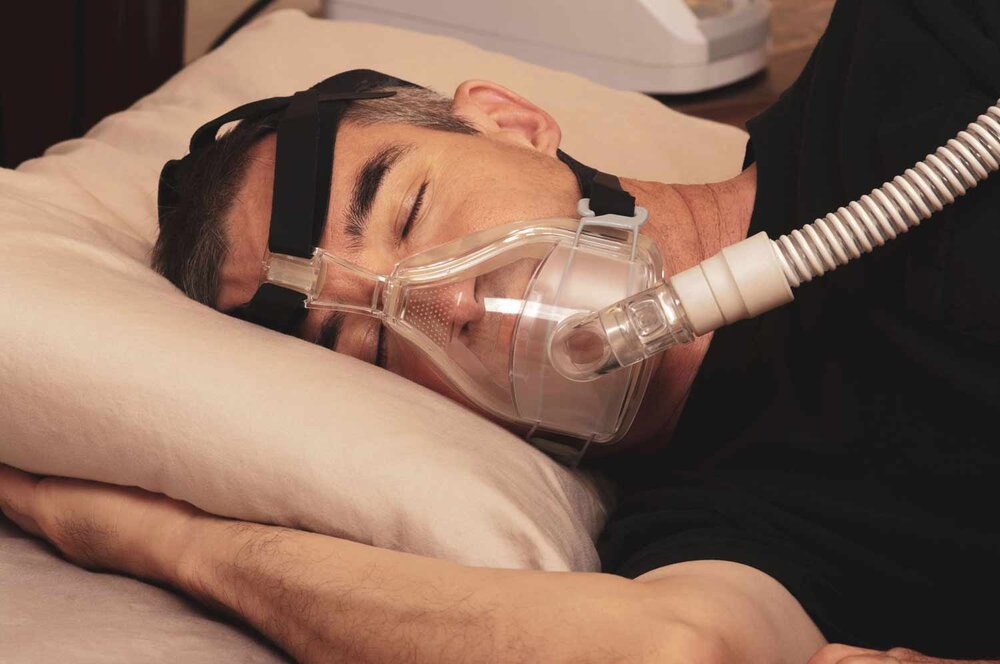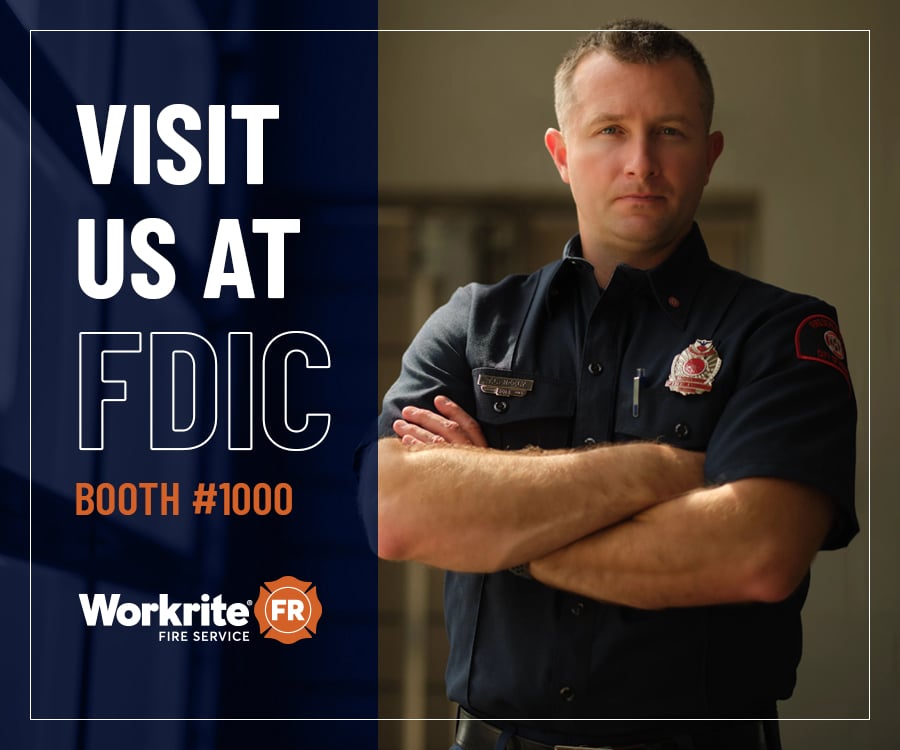Your Snoring Is A Bigger Problem Than You Realize

By: Millicent Simonics
Not sure if you have sleep apnea? Just ask around the fire hall. Firefighters are a lot of things, one thing they most definitely are not is sympathetic to the person snoring through the little rest they get.
More and more firefighters are using sleep apnea machines at work. This suggests that there is a chance that as a firefighter, you are more likely to experience sleep apnea. This may not be the case, but it’s important to recognize the symptoms of sleep apnea as it is a very serious sleep disorder.
Obstructive sleep apnea (commonly simply referred to as “sleep apnea”) is a silent killer and disruptor of lifestyles, and firefighters may be especially vulnerable to its ill-effects. Most people with even severe sleep apnea are completely oblivious to it and aren’t diagnosed until their symptoms become severe and consequential.
Unfortunately, the effects of sleep apnea may have a profound detrimental effect on a firefighter’s duties and ability to carry his or her weight within the unit. Excessive sleepiness, reduced ability to concentrate and focus and even dozing off while driving can be e serious hazard for a firefighter on duty. It is imperative that firefighters be able to recognize very early symptoms and signs of sleep apnea in themselves and their teammates at the earliest of stages before serious potential problems have a chance to develop.
What are the Symptoms of Sleep Apnea?
Generally, the symptoms for sleep apnea are similar for all types of sleep apnea, but symptoms and risk factors still vary. If you notice yourself waking up in the middle of the night gasping for air, this is a major indicator that your airway is repeatedly being blocked. There will also be a sense of poor sleep quality, grogginess, drowsiness and a lack of clarity in the morning.
People with sleep apnea might experience headaches that are untreatable, feeling grumpy and drowsiness. Other symptoms can include hyperactivity (in children), gradually worsening depression, poor performance at work or in school, a loss of interest in sex and edema of the leg (leg swelling).
Reducing Risk Factors
Many people believe that increased weight is the main risk factor for sleep apnea. While reducing one’s weight has been shown to improve or reduce the rate of sleep apnea, there are other risk factors.
Since many firefighters have a disrupted sleep pattern, it is common to see that firefighters struggle to maintain a healthy lifestyle. Since sleep plays a vital role in brain function and physiology, disruptive sleep could contribute to negative long-term health consequences such as sleep apnea.
Podcast
Contests & Promotions
















